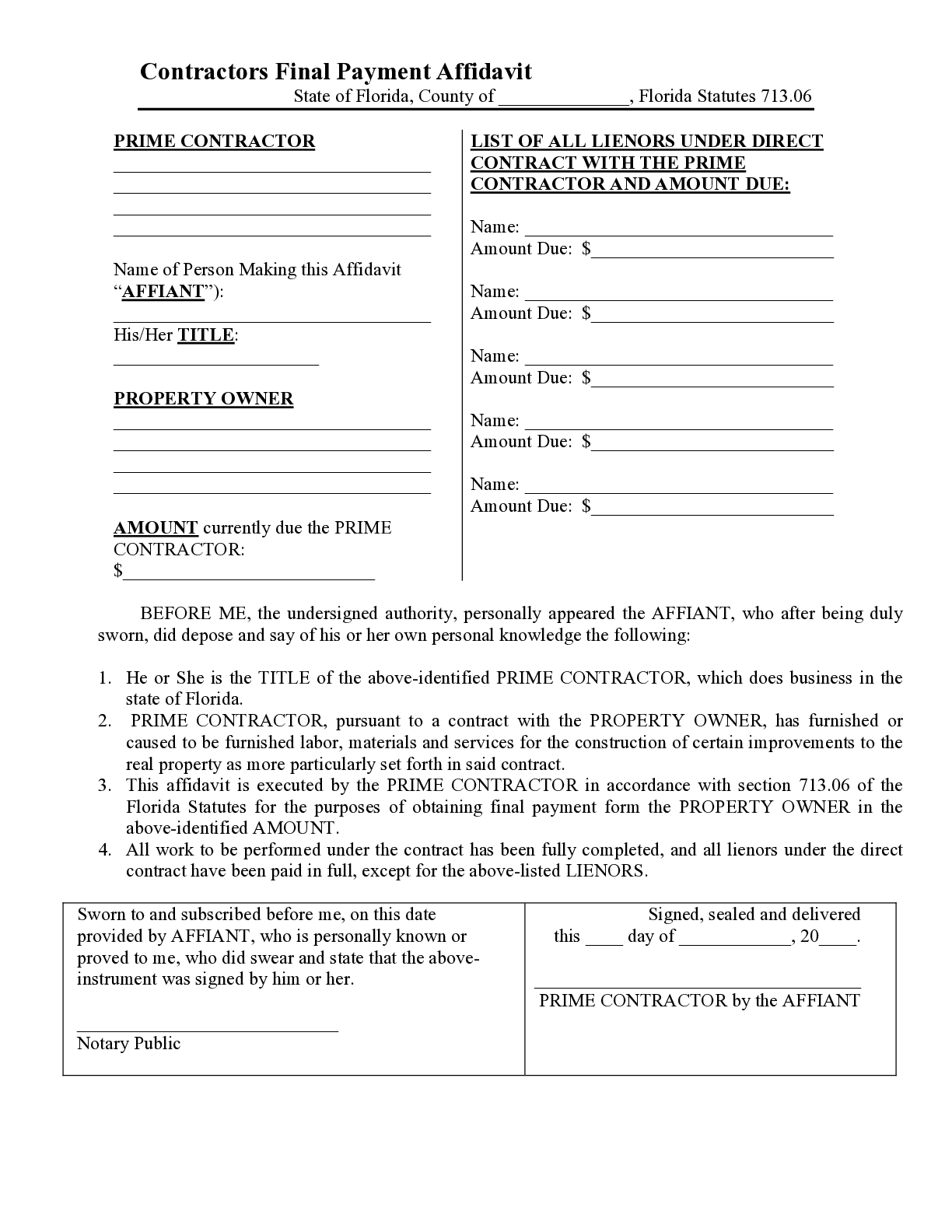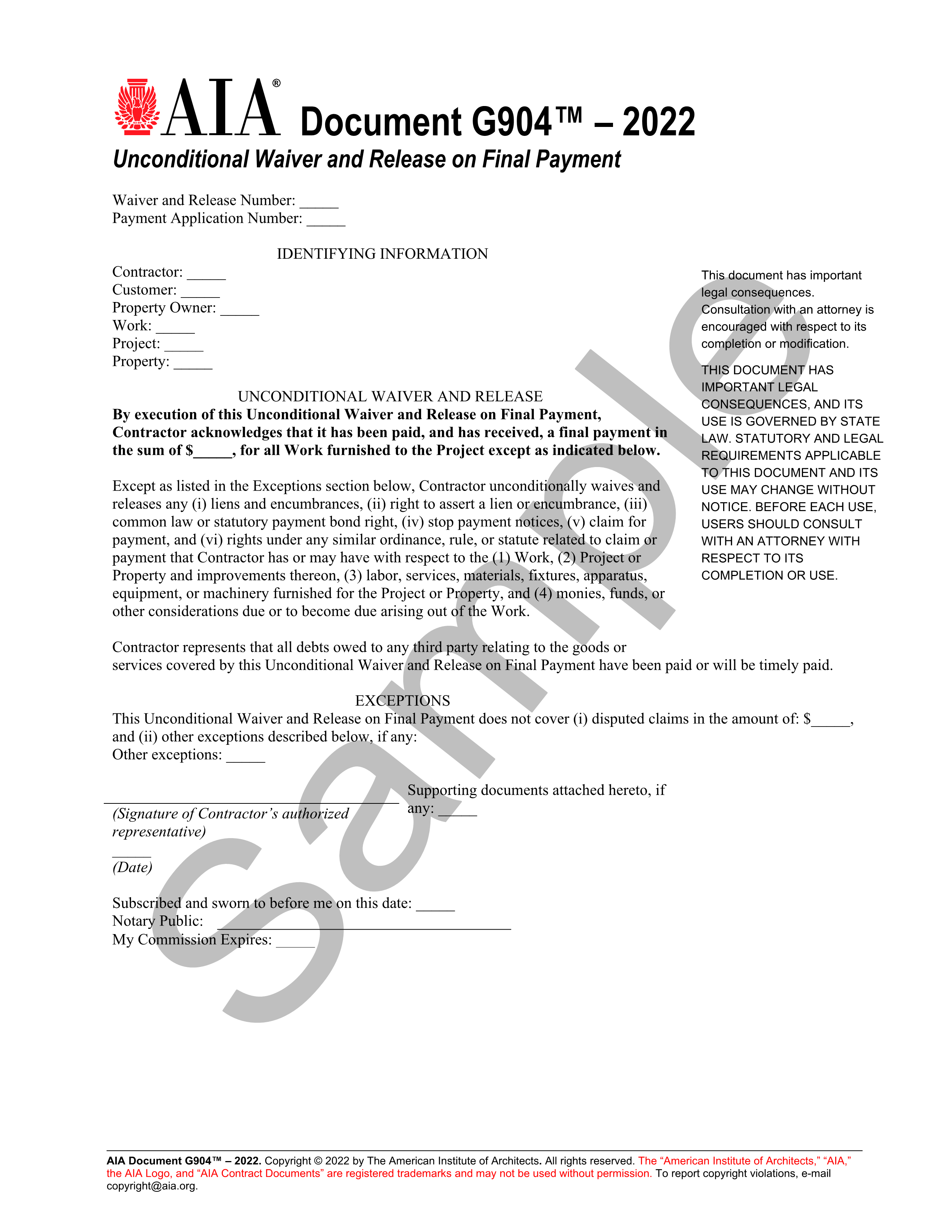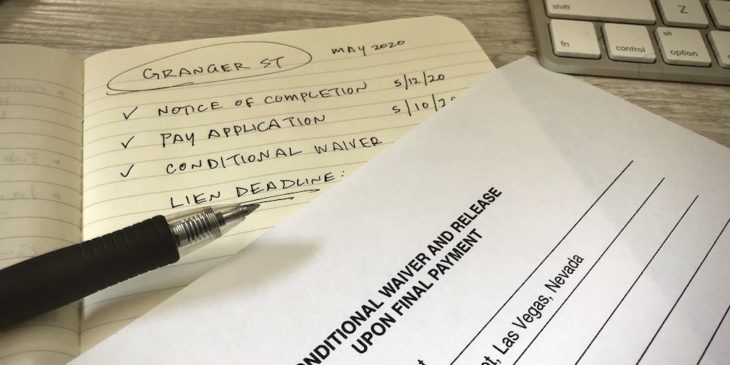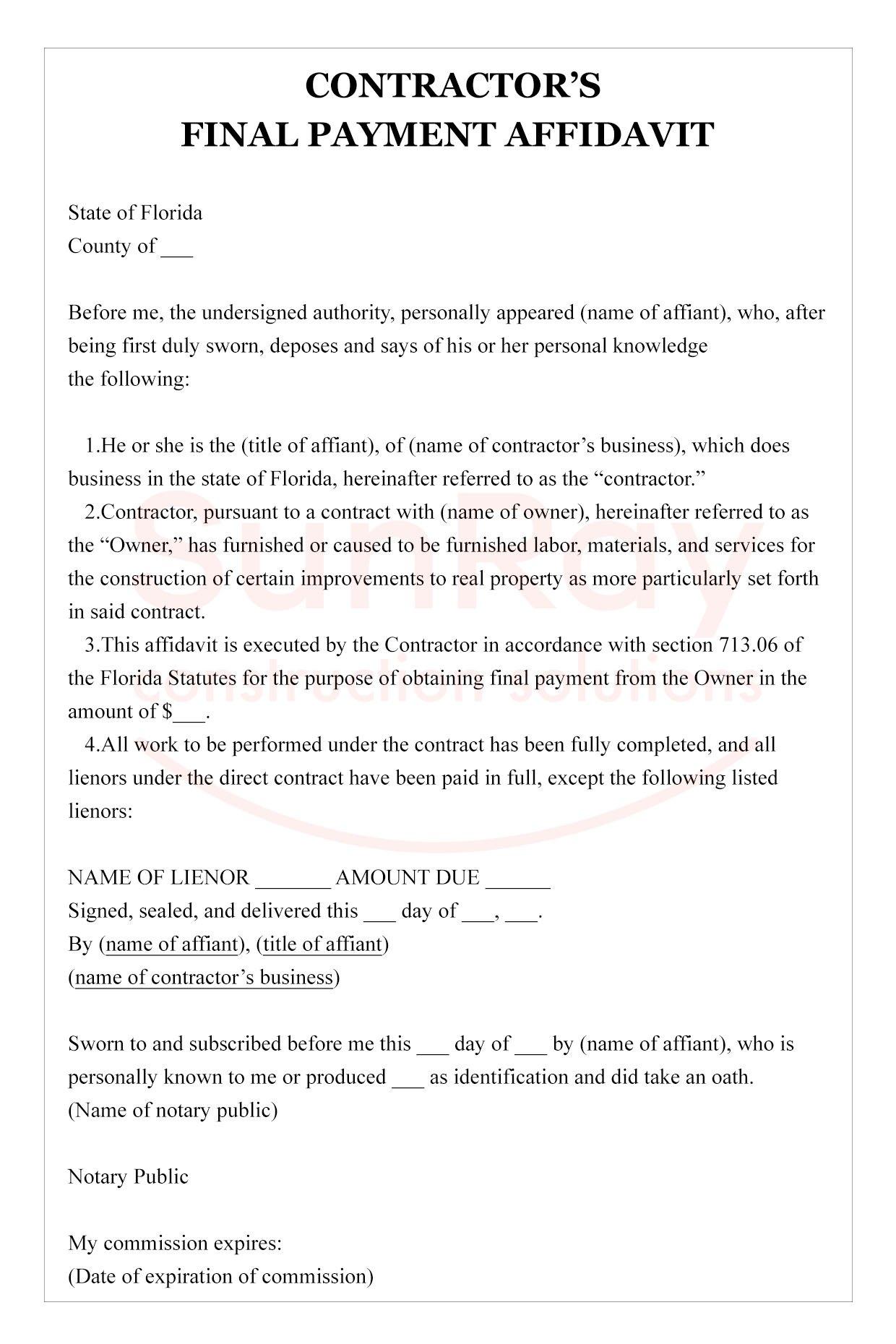Imagine the moment when your home renovation or business project is nearing completion. You’ve invested time, money, and trust into a contractor to bring your vision to life.
But as the final touches are being made, a critical question looms: when should you make the final payment? This decision isn’t just about settling a bill; it’s about ensuring that every detail meets your expectations and that you’re fully satisfied with the work done.
Knowing the perfect time to make this payment can protect your investment and give you peace of mind. We’ll explore key factors to consider, empowering you to make a confident and informed decision. Read on to discover how to safeguard your interests and ensure your project is completed to perfection.
Key Project Milestones
Every project begins with an initial agreement. This document tells what both sides must do. It includes key tasks, deadlines, and payment terms. Both parties sign to show they agree. This agreement is very important. It sets the rules for the whole project. Everyone must follow it.
During the project, there are mid-project reviews. These checks help see how the work is going. They show if tasks are on track. Problems can be found early. Changes can be made if needed. Reviews give a chance to talk about progress. They ensure everything is moving forward as planned.
At the end, there is project completion. This means all tasks are done. The final product is ready. Contractors show their finished work. Clients check it to see if it’s correct. If everything is good, the final payment is made. Completion means the project is successful.

Verifying Project Completion
Confirming all work is finished before making the final payment is crucial. Inspect the project thoroughly for quality. Ensure all contractual obligations are met and approved before releasing funds.
Inspection Checklist
Check every part of the project. Make sure nothing is missing. Walls, floors, and ceilings should look right. Are doors and windows working well? Ensure plumbing and electric work too. Write down anything that needs fixing. This helps you remember. Compare the project with the plan. Are they the same? This is important.
Quality Assurance
Ensure the quality matches what was promised. Touch and feel the materials. Are they strong? Look closely at the work. Is it neat and tidy? Ask someone else to check too. Two eyes are better than one. Mistakes can hide, so be careful. A second check can catch them. This saves time later.
Meeting Client Expectations
Think about what the client wanted. Are they happy? Talk to them about the work. Do they see any problems? Make sure all promises are kept. Did they get what they paid for? Ask if anything needs to change. Keeping the client happy is key. A happy client means a job well done.
Documentation And Approvals
Required permits must be complete before payment. Missing permits can delay projects. Make sure all paperwork is done. Permits show the work is safe. They are like a green light for projects.
Signed contracts are very important. They are like promises. Contracts show what was agreed. Always check them before paying. They help avoid confusion. Contracts protect both sides.
Change orders tell what has been changed. Sometimes plans change during work. Change orders are like updates. Always review them carefully. They show new costs or plans. Without them, payments can be wrong.

Financial Considerations
Ensure all payments are clear. Check for any missing amounts. Contractors need their money for completed work. Look for any debts or unsettled bills. Pay what you owe to keep the peace. Keeping track helps avoid confusion.
Bring your budget into balance. See where money went. Compare planned expenses with actual spending. Find gaps and fix them. Proper reconciliation prevents overspending. Make sure money is allocated wisely. This step is crucial for financial management.
Review the final invoice carefully. Confirm all items on the list. Check for accuracy in costs. See if any charges are unexpected. Ensure total amounts match your records. This helps in avoiding errors. A final review ensures fair payment.
Legal Aspects
Deciding when to pay a contractor’s final payment involves legal considerations to ensure project completion and compliance with agreements. Verify that all work is finished and satisfactory before releasing the payment. This ensures protection against future disputes or unfinished work.
Lien Waivers
Before making the final payment, ensure all lien waivers are signed. This document confirms the contractor has been paid. It also states they will not claim your property. This step protects you from future claims. Always keep a copy for your records.
Contractual Obligations
Check all contractual obligations are met. Make sure the work matches the contract. Look for any incomplete tasks. Verify that everything promised is delivered. This ensures fairness for both parties.
Dispute Resolution
Sometimes problems arise. Dispute resolution helps solve these issues. Check the contract for any dispute steps. It might include mediation or arbitration. Always try to solve disputes calmly. This helps maintain good relationships.
Communication With Contractors
Feedback sessions are important. Talk regularly with contractors. Share thoughts openly. Discuss what is good. Point out areas to improve. Honest communication builds understanding. Both parties should listen. Feedback helps in doing better work.
Addressing concerns is crucial. Contractors may have questions. Listen to them. Respond kindly and clearly. Solve issues together. This avoids misunderstandings. Clear solutions make work smooth. Encourage open discussions. Concerns should be seen as opportunities to improve.
Establishing trust takes time. Trust is built with honesty. Show respect to contractors. Keep promises. Be dependable and consistent. Trust helps relationships grow. A strong bond leads to great teamwork. Trust is the foundation of successful projects.
Risk Management
Contingency plans help manage unexpected events. They provide backup solutions. Contractors need these plans to stay on track. Plans reduce risks and losses. They protect both parties. Always have a plan ready. Planning saves time and money.
Insurance coverage is a safety net. It protects against damages and losses. Contractors should have insurance. Insurance covers accidents and mishaps. It gives peace of mind. Always check insurance before final payment. Ensure everything is covered.
Delays can happen anytime. Mitigating delays is important. It keeps projects on time. Communication is key. Keep everyone informed. Identify delay causes quickly. Solve problems fast. Plan for potential delays. Have a strategy ready.
Ensuring Satisfaction
Client feedback is crucial. It helps understand the project’s success. Ask for honest thoughts. Were they happy with the work? Did the contractor meet expectations? Use this feedback to decide on the final payment. It builds trust.
Post-project support is important too. Contractors should offer help if needed. Maybe something isn’t working right. Or a small fix is needed. Check if the contractor is responsive. This ensures everything is perfect before the last payment.
Think about future recommendations. Will you hire them again? Would you tell a friend about them? A good contractor earns repeat business. Positive experiences lead to more work. Make sure every detail is correct. Only then pay the final amount.

Frequently Asked Questions
When Should I Pay The Contractor’s Final Payment?
Pay the contractor’s final payment once the project is completed. Ensure all work meets the agreed standards and specifications. It’s essential to conduct a thorough inspection before releasing the payment. This guarantees that all contractual obligations have been fulfilled.
What Should I Check Before Final Payment?
Before making the final payment, check that all tasks are completed. Ensure quality standards are met and verify all contractual terms are satisfied. Conduct a final walkthrough with the contractor to address any concerns. This ensures that everything is as agreed.
Is It Safe To Pay Contractors Upfront?
It’s generally not advisable to pay contractors upfront. Upfront payments can reduce your leverage if issues arise. Instead, agree on a payment schedule tied to project milestones. This approach ensures the contractor is motivated to complete the work satisfactorily and on time.
How Do I Handle Disputes Before Final Payment?
To handle disputes, communicate clearly and document everything. Address issues promptly and seek a resolution that satisfies both parties. If necessary, consider mediation or legal advice. Clear contracts and communication can prevent misunderstandings.
Conclusion
Paying the final contractor payment requires care and precision. Ensure all work meets agreed standards. Double-check the contract details. Verify completed tasks before releasing the final payment. Communicate openly with your contractor. This builds trust and ensures satisfaction. Avoid any surprises by keeping records.
A thorough approach helps avoid disputes later. Trust your instincts. If something feels off, address it promptly. This safeguards your investment and fosters a positive relationship. Always prioritize clear communication and careful inspection. A smooth payment process leads to successful project completion.


